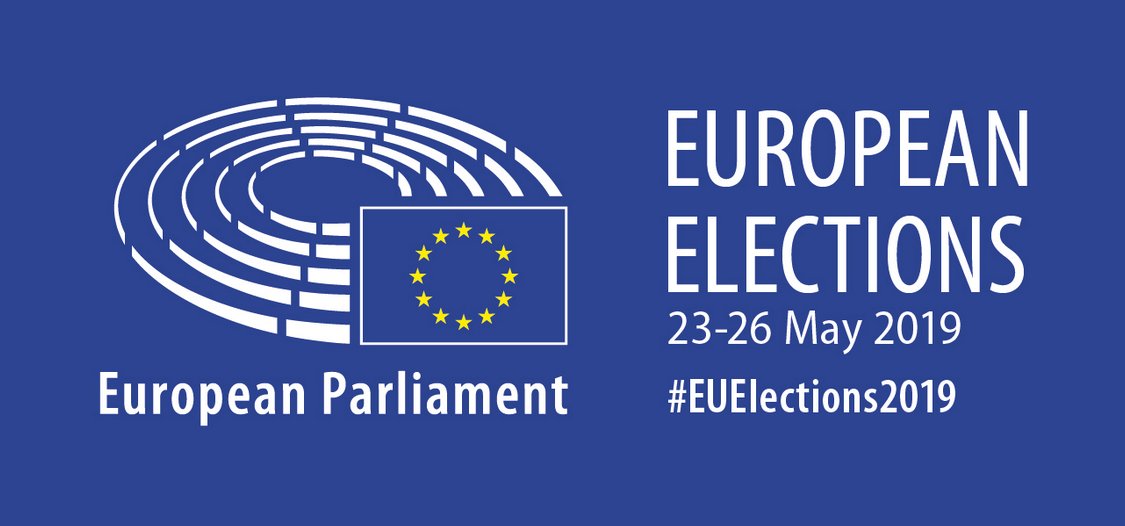European elections 2019: The enemy at the door

The political crisis in Austria is neither accidental nor unique. Nor was it surprising. It was the revelation and possibly the confirmation of how the far-right in Europe is being bolstered by known/unknown “centers” that want to destabilize the European Union and make it backtrack.
Of course, merely deciding to boost the far-right is not enough to make it happen. Such plans were helped along in recent years by the policies implemented by the EU’s leading countries, which put the prosperity of economic figures before that of the peoples of Europe.
Having found an open field in which to act, “centers” outside the EU worked in a methodical way to support populist parties but also far-right and fascist political formations.
One could say, of course, that the attack on Russia, which is portrayed as the culprit behind the strengthening of the far-right, is being orchestrated by NATO and the European allies of the US.
Facts and revelations, however, as in the case of Austria, show Russian involvement, if not directly, then surely by Russian nationals who are powerful in their country, mainly economically.
Recently, Russians participating in events spreading propaganda against the Prespes Agreement – which promoted a solution to a name dispute between Greece and Northern Macedonia – were exposed. Even today, unconfirmed rumors persist that Russian players are intervening in northern Greece, ahead of local and European elections, to support certain far-right candidates.
Surely rumors circulate faster than news, and conspiracies are now a popular pastime, but there is rarely smoke without fire.
The 2019 European elections which come at a particularly crucial time for the European Union, are being targeted by many external players. USA, Russia and China have interests that are affected by the outcome of the elections. The forces that will take the reins of the EU will determine the future and the alliances of the Union.
Europe became vulnerable due to policies adopted that left citizens vulnerable to populism, fear and insecurity. Those who want this situation to continue will try to intervene.
Spiros Sideris